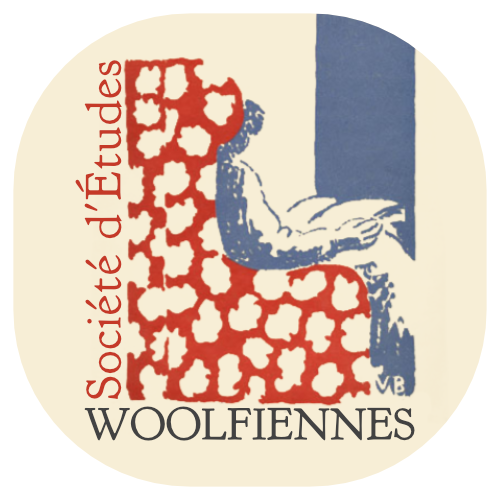Call for papers for a special issue of the Virginia Woolf Miscellany
Issue #91/Spring 2017
Virginia Woolf, Bloomsbury, and the War to End War
This issue commemorates the advent of the Great War and its representation by Virginia Woolf and her friends and colleagues in Bloomsbury and beyond (even H.G. Wells, who wrote a 1914 pamphlet called The War that Will End War)—noncombatants, combatants, and conscientious objectors; writers of prose, poetry, and drama; fiction and memoirs; criticism, reviews, and social commentary; journalists, historians, philosophers, and humanists. Contributions need not necessarily involve work done during the war, but gauge the war’s ongoing effect on a wide range of topics and perspectives: cultural, socio-economic, modernist, feminist, to name the most obvious. How did war-consciousness, for example, affect views of mass culture and consumerism? Articles on other topics (e.g., constructions of self and identity in wartime, and post-war aesthetics) are also welcome.
Please send enquiries to Karen Levenback at kllevenback@att.net ASAP and submissions of not more than 2500 words by 1 August 2016.
